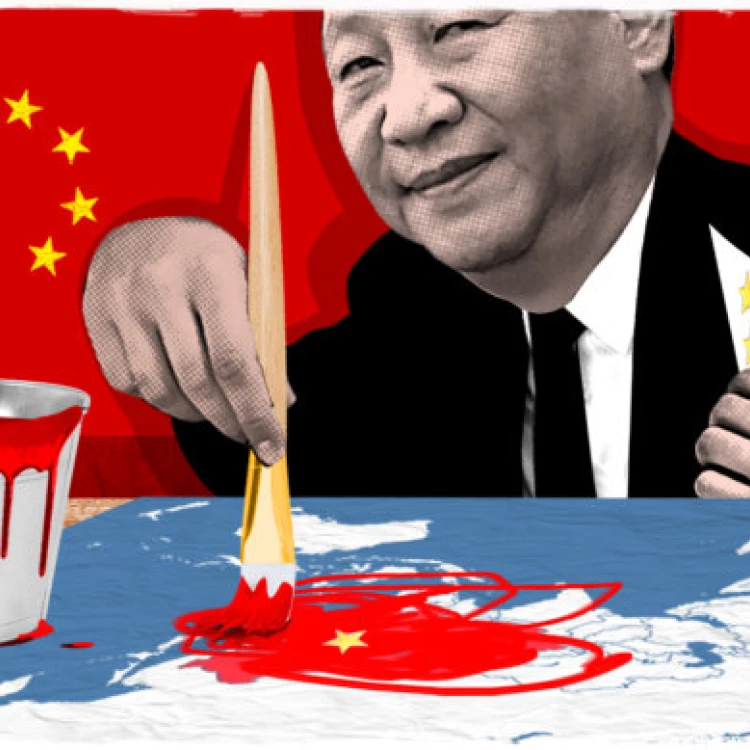China's president, Xi Jinping, has caused a stir in the Indo-Pacific region by withdrawing from key summits in Indonesia and India. This move has been viewed as a strategic error by diplomatic and strategic analysts, who believe that Xi's disregard for the concerns of other countries will damage China's influence in the region. Despite China's attempts to assert power over Indo-Pacific nations, such as India, it has faced resistance and failed in its objectives. This article explores the consequences of China's actions and the current state of regional dynamics.

A pesar de los intentos de China de imponer su poder sobre las naciones del Indo-Pacífico, como India, ha encontrado resistencia y no ha logrado sus objetivos.
Este artículo explora las consecuencias de las acciones de China y el estado actual de la dinámica regional.
China's withdrawal from the summits in Indonesia and India has raised concerns about its strategic thinking and diplomatic approach. According to C. Raja Mohan, a leading Indian strategic analyst, Xi Jinping's disregard for the concerns of other countries shows a lack of strategic and diplomatic foresight.
Mohan believes that Xi is underestimating the importance of considering the concerns of other nations and risks damaging China's relationships in the region.
China's attempts to assert power and influence over the #Indo-Pacific region have been met with resistance
China's attempts to assert power and influence over the Indo-Pacific region have been met with resistance. The recent BRICS summit, held in South Africa, highlighted China's struggles to extend its power and influence. While China succeeded in attracting new members from South America, the Middle East, and Africa, it faced challenges in gaining support from the BRICS country crucial to the balance of power in the Indo-Pacific - India.
India's role in the Indo-Pacific region is significant, as it has the potential to swing the balance of power between the United States and China. Since the border clashes between Chinese and Indian troops in 2020, India has been shifting towards closer ties with the US. During the BRICS summit, #Xi Jinping attempted to mend the rift with India and proposed setting aside the border dispute. However, Indian Prime Minister Narendra Modi rejected the offer, stating that China must address its aggression before normalizing relations.
The consequences of China's actions in the Indo-Pacific region are far-reaching. By alienating key countries like India, China risks losing its influence and weakening its position in the region. The Indo-Pacific region is dynamic and continues to play a crucial role in global geopolitics. China's strategic blunder may have long-term implications for its aspirations to become a dominant global power.
